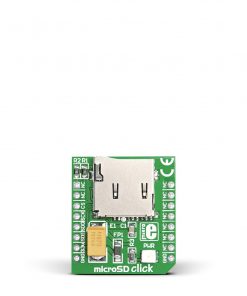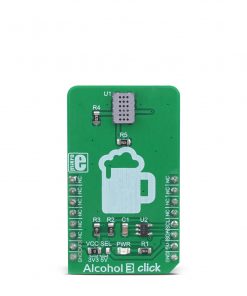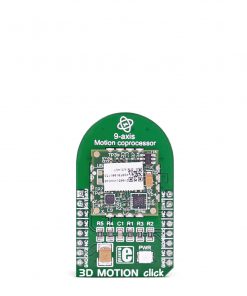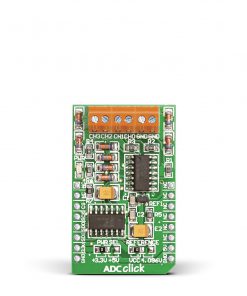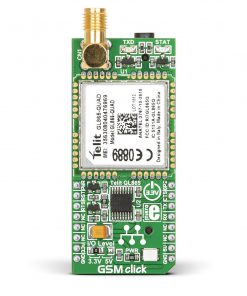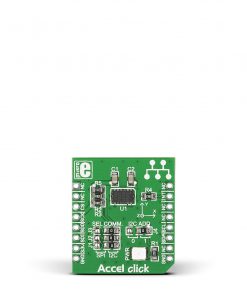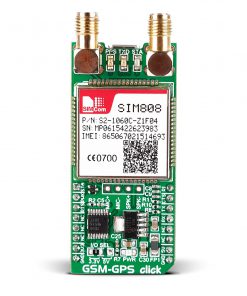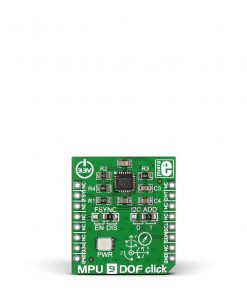Temp-Log 7 Click
R195.00 ex. VAT
Temp-Log 7 Click is a compact add-on board used to measure and record the temperature of an environment over time. This board features the TMP1826, a high-accuracy, 1-Wire® compatible digital output temperature sensor from Texas Instruments with integrated 2-kbit EEPROM. It supports a wide operating temperature range from –20°C to +85°C with its high accuracy of ±0.1°C (typical)/±0.3°C (maximum) and comes with a factory-programmed 64-bit unique identification number for addressing and NIST traceability. Besides a programmable alarm function that outputs an interrupt signal to the MCU when a specific temperature event occurs, it also has three digital I/O pins configurable for general purposes or to identify the device’s position on a shared bus. This Click board™ is suitable for the thermal management of industrial, consumer, and environmental applications where accurate temperature measurement is critical for proper operation.
Temp-Log 7 Click is fully compatible with the mikroBUS™ socket and can be used on any host system supporting the mikroBUS™ standard. It comes with the mikroSDK open-source libraries, offering unparalleled flexibility for evaluation and customization. What sets this Click board™ apart is the groundbreaking ClickID feature, enabling your host system to seamlessly and automatically detect and identify this add-on board.
Stock: Lead-time applicable.
| 5+ | R185.25 |
| 10+ | R175.50 |
| 15+ | R165.75 |
| 20+ | R159.51 |

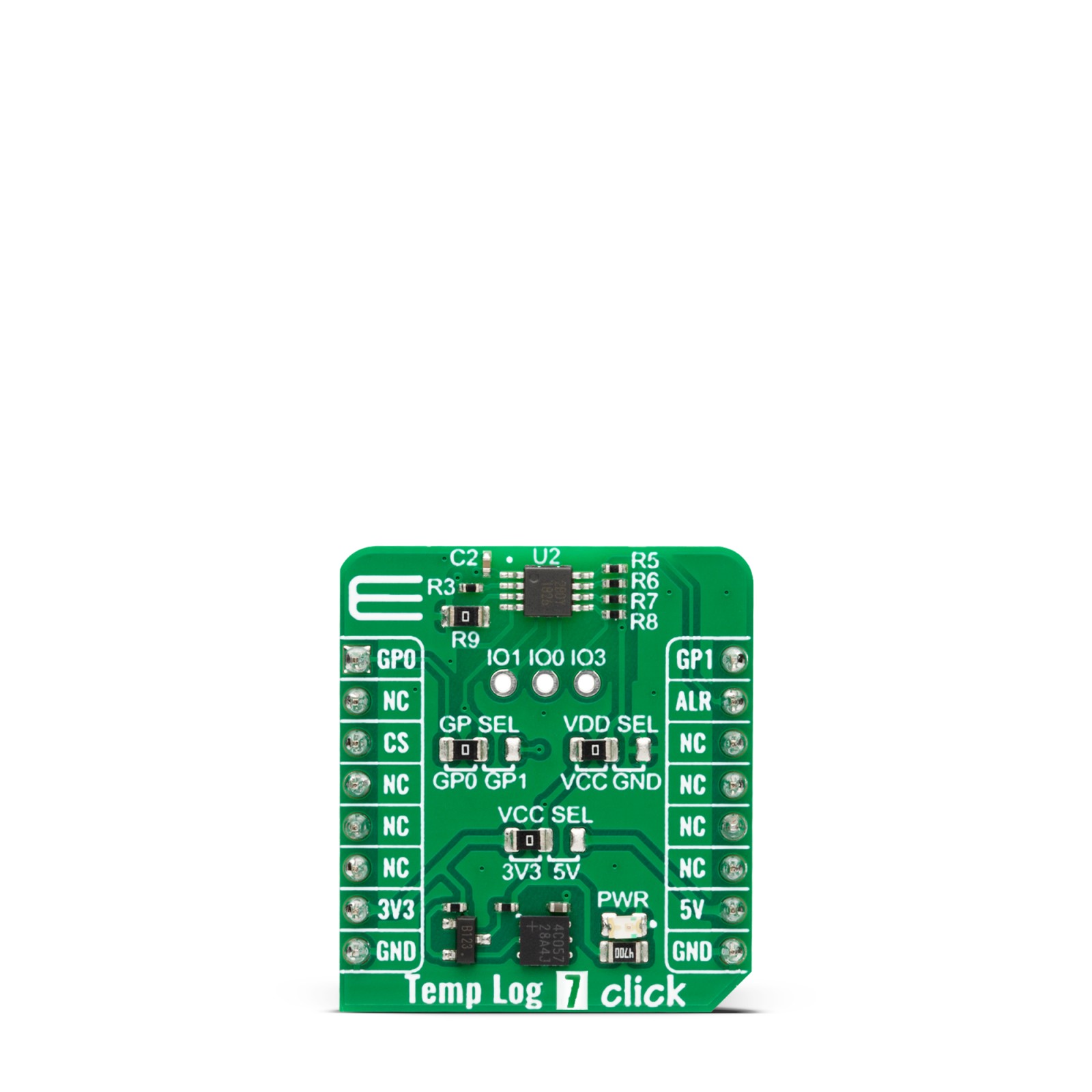
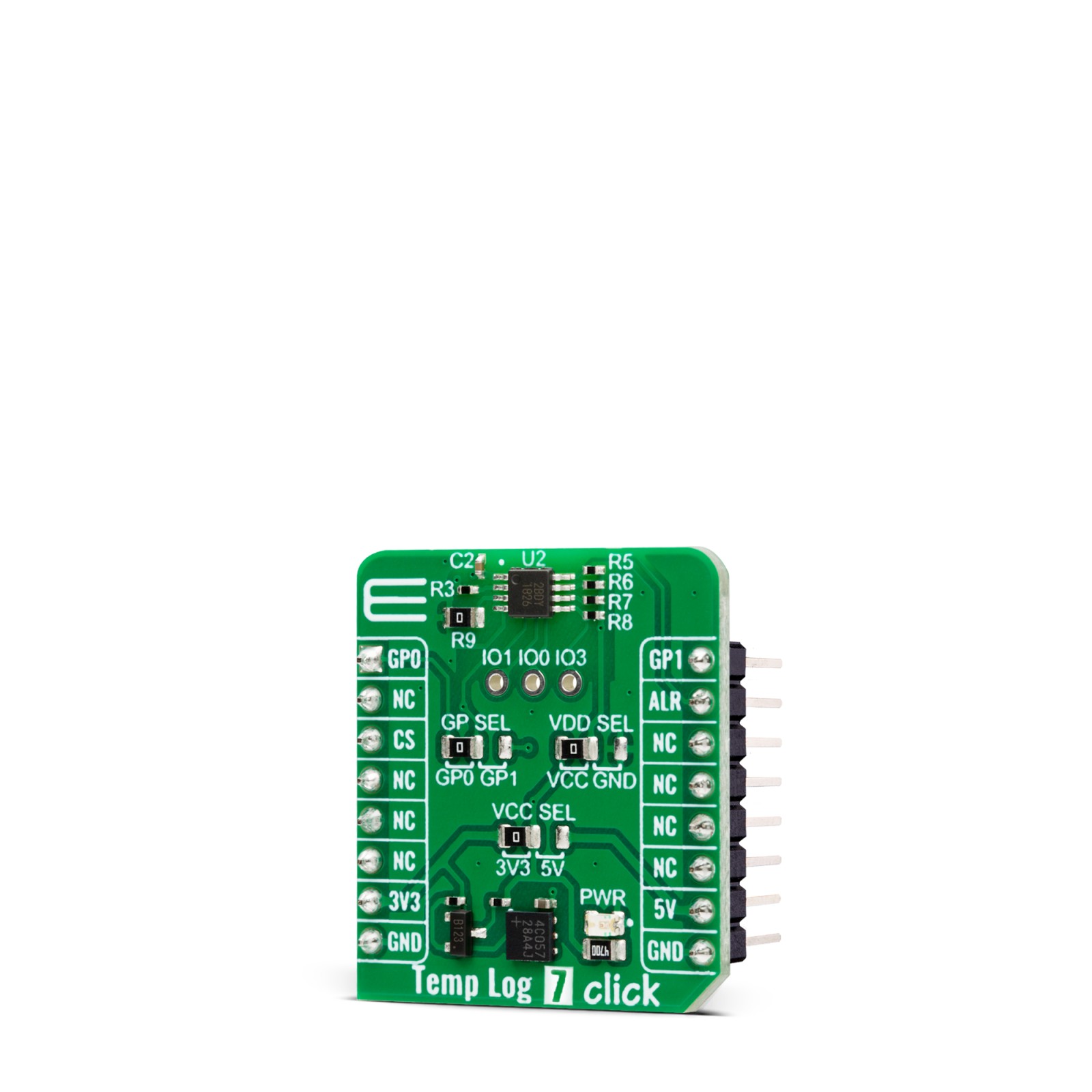
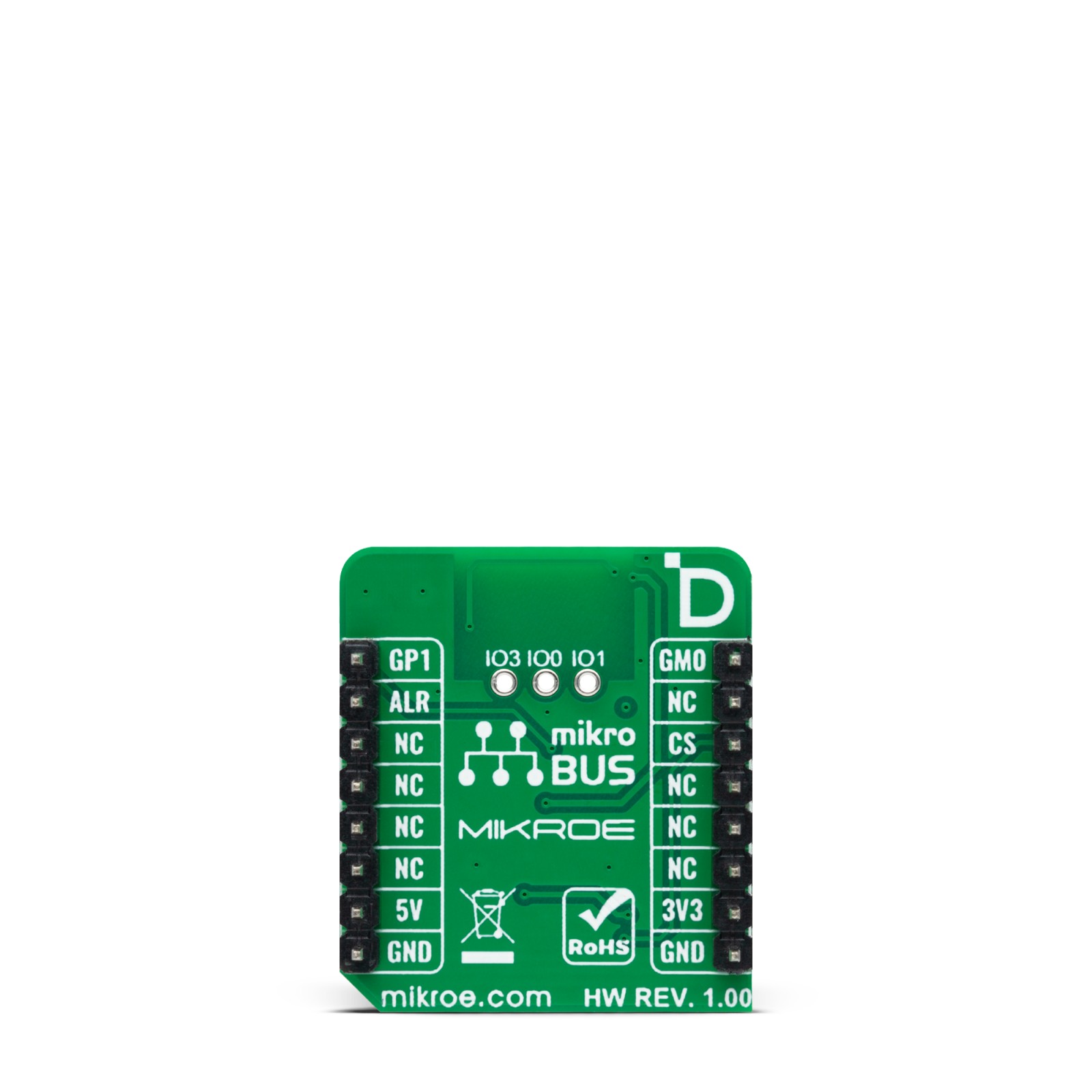
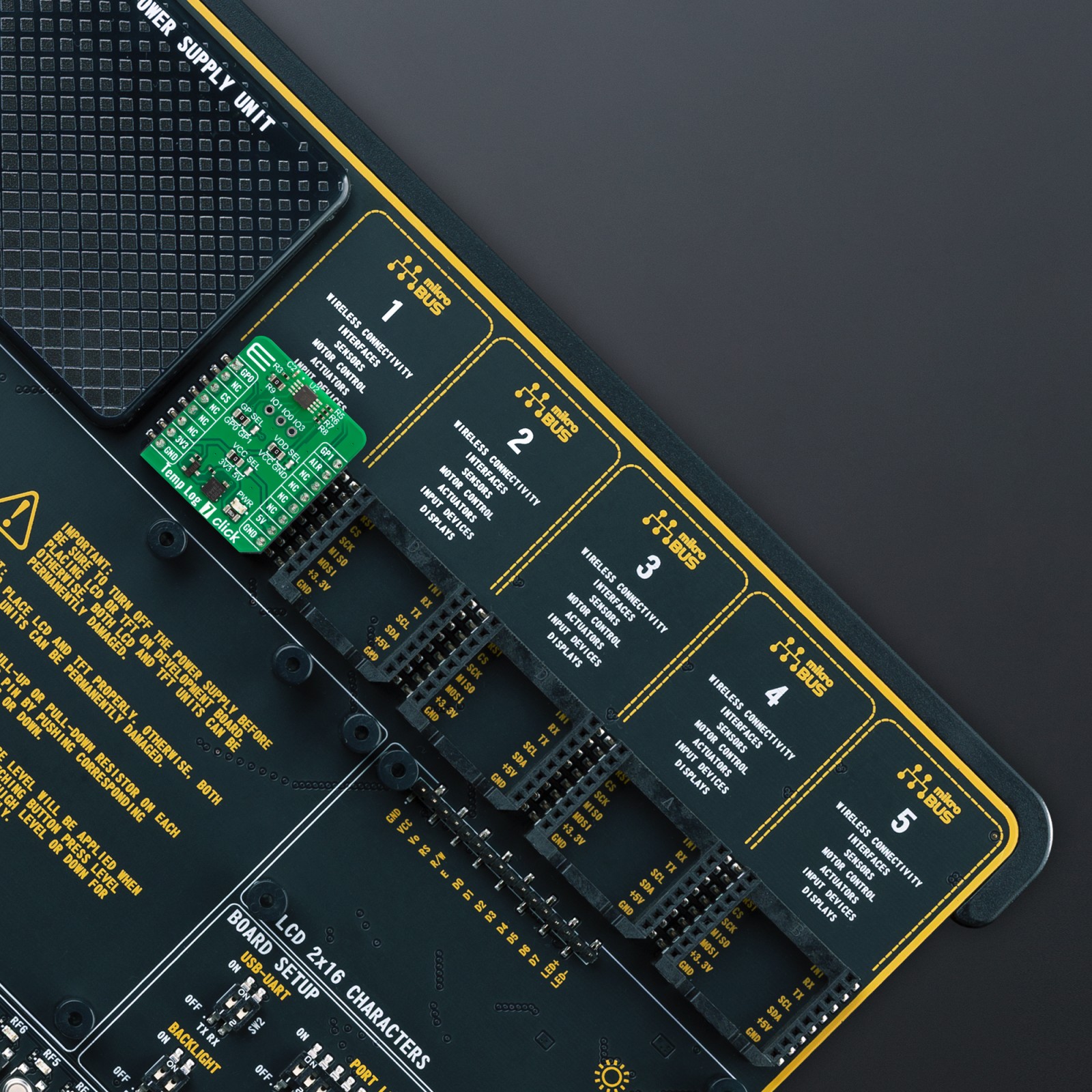
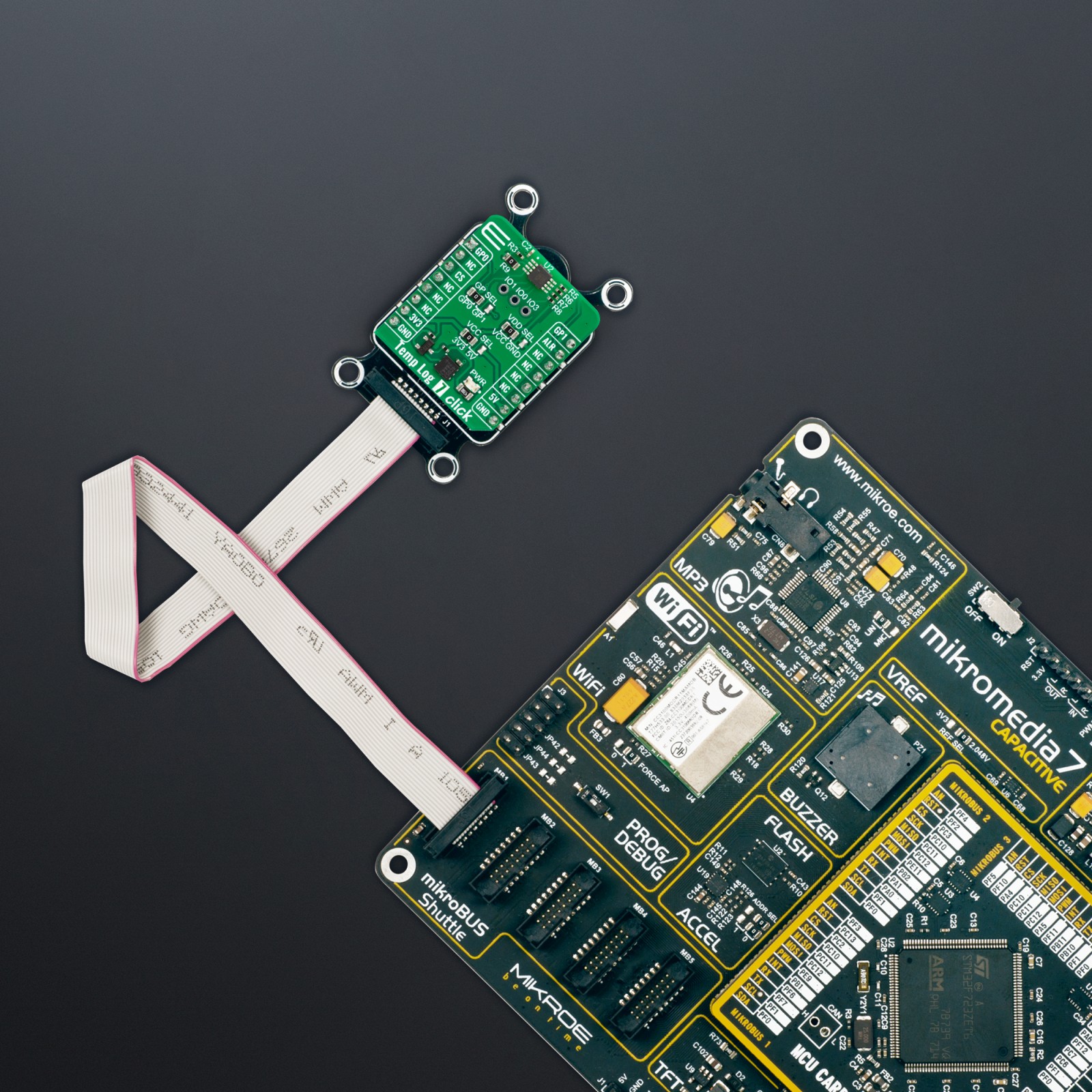
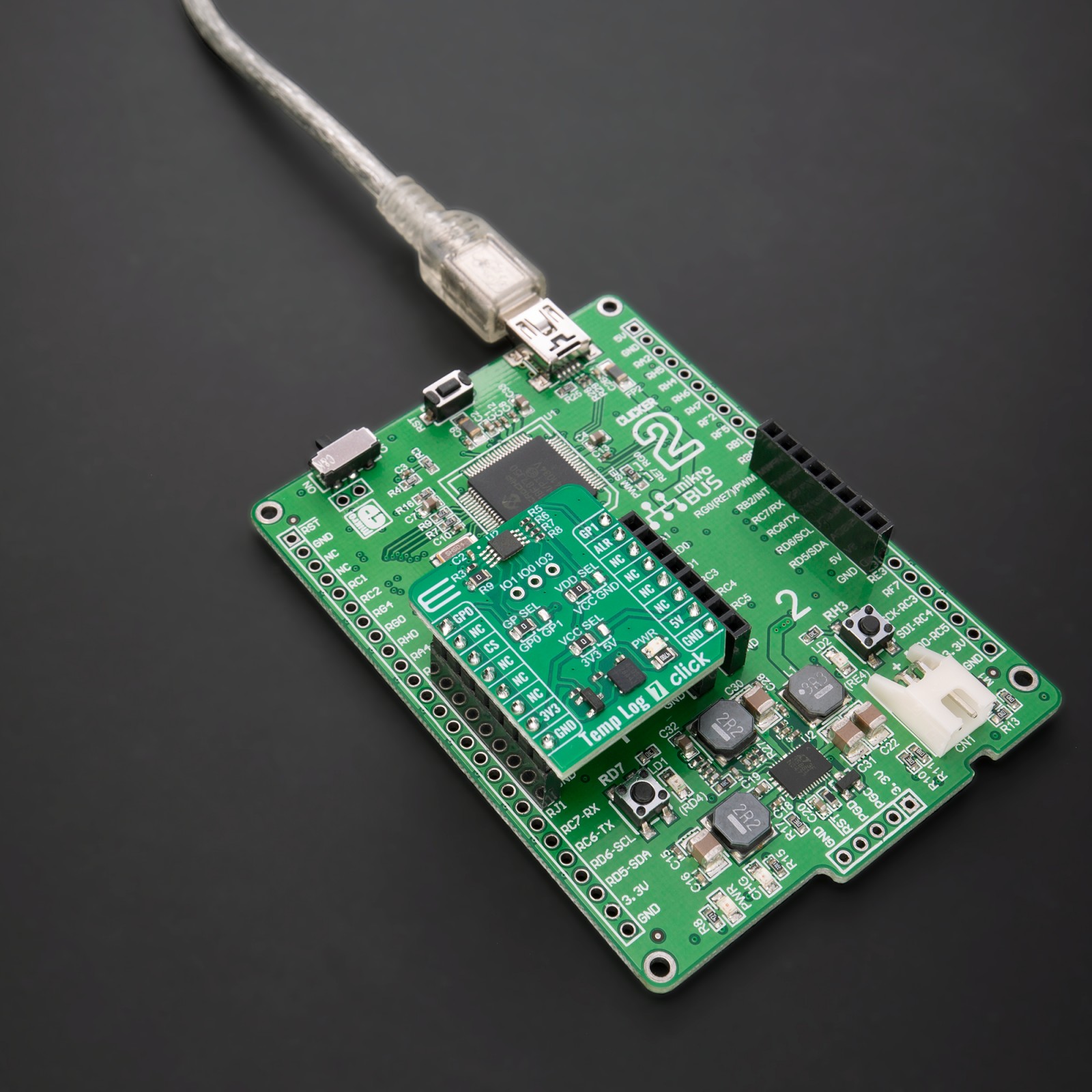
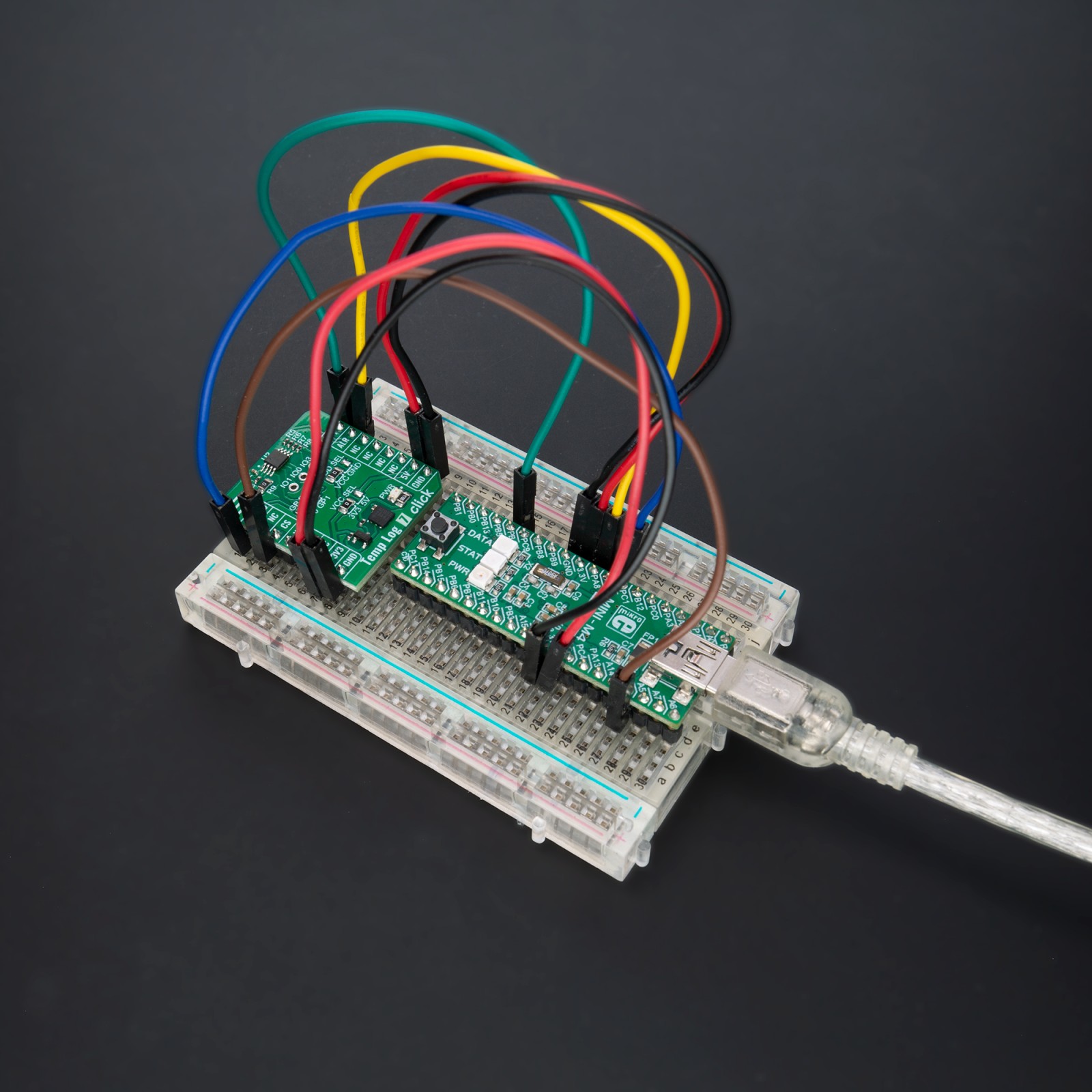
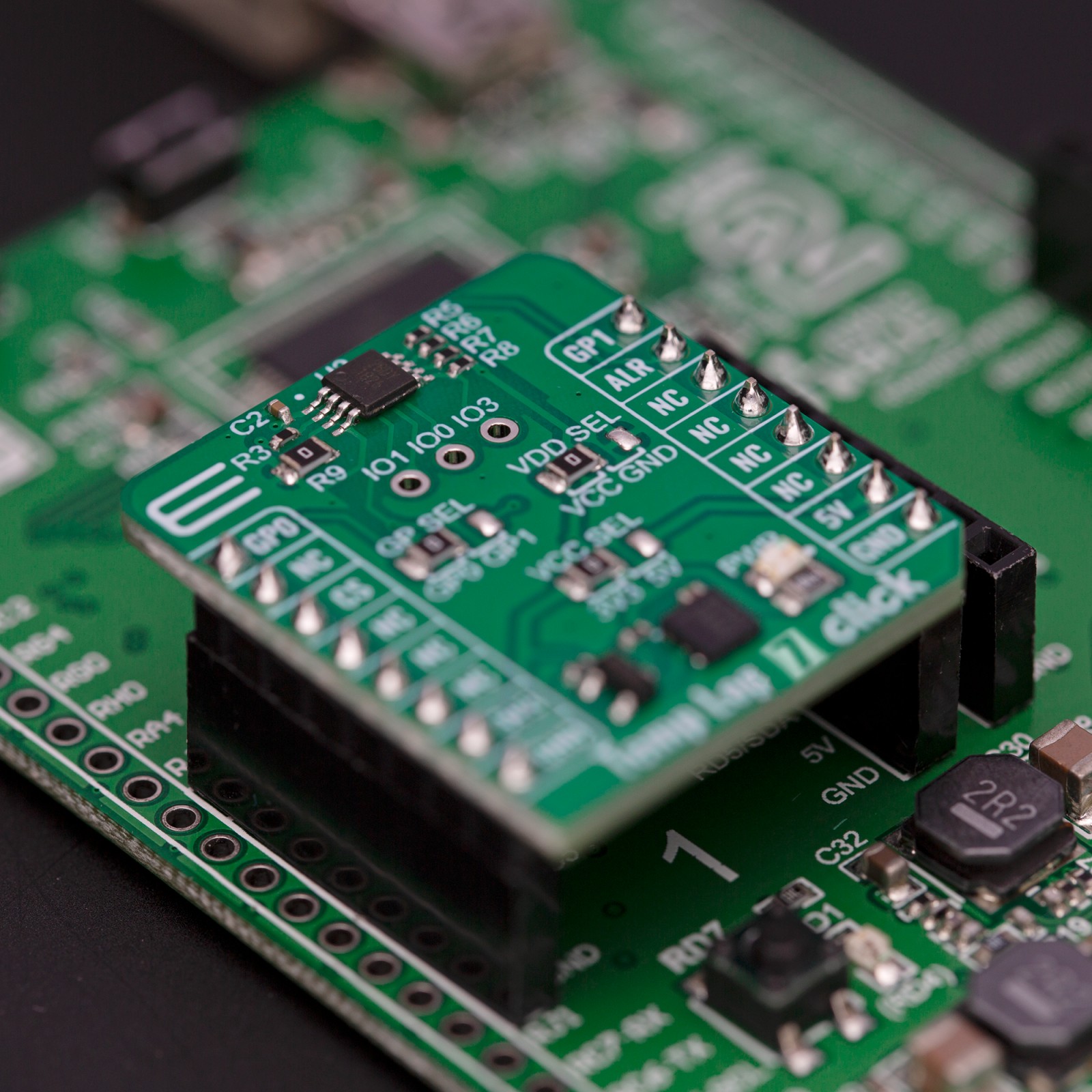

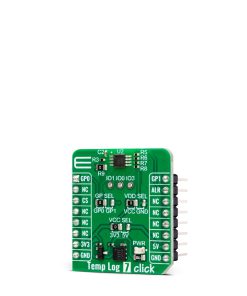
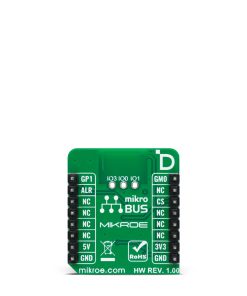
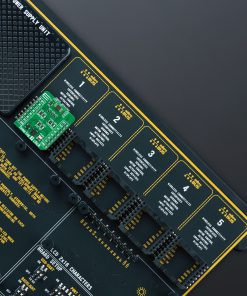
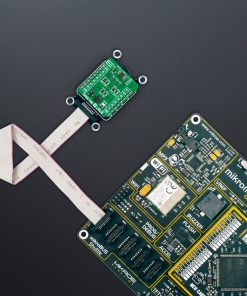
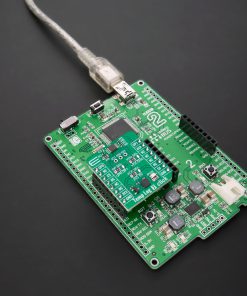
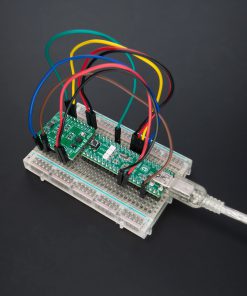
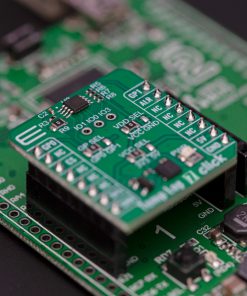
.jpg)

